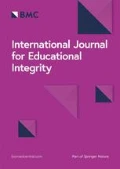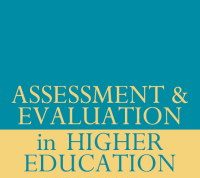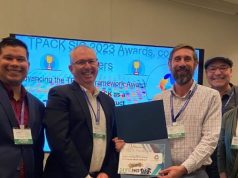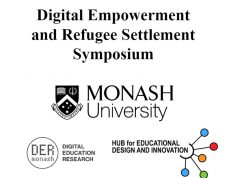Author(s):
Donna Gronn
Anne Scott
Susan Edwards
Michael Henderson
Year of publication: 2013
 Abstract
Abstract
Research into children’s learning with digital technologies is represented by a growing body of literature examining the relationship between home–school technological practices. A focus of this work is on the notion of a ‘digital-disconnect’ between home and school. This argument suggests that children are such native users of technologies they struggle to connect with commonly used technologies in school. This paper examines how the ‘digital-disconnect’ is experienced in children’s lives. Drawing on a data set investigating the digital experiences of 12 children aged 2–12 years, we consider the experiences of one family attending the same school. Three siblings aged 5–12 years recorded their home and school technology use for one week. The findings suggested some difference in use across both settings, but also similarities associated with information retrieval, rote learning and entertainment. We use Bulfin and North’s and Dyson’s ideas about the permeability of social boundaries to explain why technology use might be more similar than disconnected in each context. We consider the extent to which each setting influences the other as the basis for moving away from binary conceptualisations of the digital-disconnect informed by generational assumptions about children and technologies.
Citation and link
Gronn, D., Scott, A., Edwards, S., Henderson, M. (2013). ‘Technological me’: Young children’s use of technology across their home and school contexts. Technology, Pedagogy and Education. http://dx.doi.org/10.1080/1475939X.2013.813406







